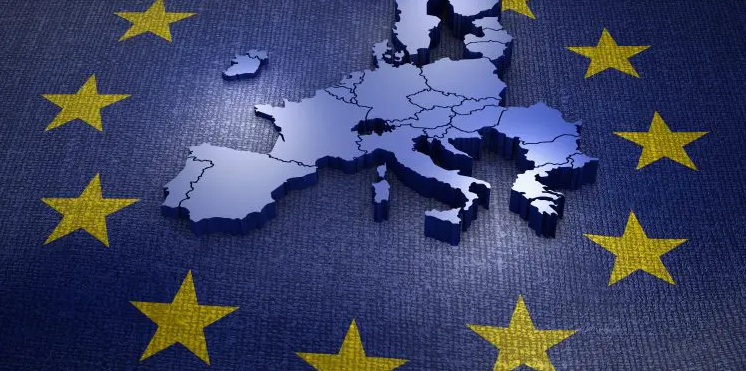As Europe navigates the complex landscape of cryptocurrency regulation, a bold new proposal is stirring debates across the continent. The European Commission is advancing a comprehensive plan to unify oversight of major market infrastructures, including stock exchanges and crypto platforms, potentially reshaping the financial landscape of the European Union. This initiative aims to streamline the currently fragmented regulatory environment, characterized by a multitude of national and regional rules that govern hundreds of trading and post-trading firms.
Europe’s Unified Oversight Plan for Stock and Crypto Markets
Driving Toward Centralized Supervision in Crypto
Recent developments suggest that the European Securities and Markets Authority (ESMA) could soon see its powers significantly expanded. The proposal under consideration would empower ESMA to directly oversee the most significant cross-border entities, encompassing trading venues, central counterparties, central securities depositories, and potentially even crypto asset service providers. This move is presented as a crucial step toward achieving the EU’s capital markets union, ultimately facilitating growth and investment within the continent rather than outside of it.
The European Commission has indicated its intention to introduce these regulatory proposals by December, as part of a broader “markets integration package.” Such measures are aimed at enhancing the efficiency and attractiveness of European markets, enabling firms to raise capital more seamlessly without having to look beyond European borders.
Role of ESMA in Resolving Large-Scale Disputes
The envisioned role of ESMA extends beyond oversight; it would also serve as an arbiter in disputes between large asset managers and national authorities. Though it would not replace existing national regulators, ESMA could issue binding decisions, thereby streamlining resolution processes and ensuring consistent enforcement across the EU’s financial landscape.
Prominent political figures, including European Central Bank President Christine Lagarde, have voiced support for a single supervisory entity, citing potential reductions in cross-border costs and complexities. Such a move could potentially level the playing field for emerging companies, allowing them to scale operations more effectively within Europe.
Resistance from Financial Hubs
However, the proposal is not without its detractors. Concerns have arisen from smaller financial centers like Luxembourg and Dublin, which fear that a centralized supervisory body could undermine their market positions. Luxembourg’s finance minister, Gilles Roth, has advocated for “supervisory convergence” instead of a blanket centralized model, warning of the inefficiencies and expenses that such a shift might entail.
Moreover, some exchange groups question the necessity and efficacy of transitioning oversight responsibilities for crypto service providers. These groups argue that existing collaborations with national supervisors are effective and caution against potential increases in compliance costs.
Germany’s Changing Position and Broader Implications
Germany’s stance is pivotal in this ongoing debate. Historically opposed to broad centralized powers, the government under Chancellor Friedrich Merz is reportedly reconsidering its position, engaging in dialogues with France to explore collaborative options. Given Germany’s influence within the EU, this shift could significantly impact policy outcomes, aligning them more closely with broader strategic interests, including reducing reliance on U.S. markets and nurturing home-grown capital ventures.
“`html
Frequently Asked Questions
What is the goal of the EU’s market integration package?
The EU’s market integration package aims to create a cohesive regulatory framework, reducing operational complexities and fostering growth within European markets. It seeks to empower firms to raise capital efficiently on a local scale rather than seeking options abroad.
How might ESMA’s expanded role impact financial markets?
By expanding ESMA’s authority, the EU aims to ensure more uniform supervision of financial markets, potentially reducing cross-border costs and simplifying regulatory processes. This could lead to increased investor confidence and market stability within the EU.
Why is there opposition to centralizing oversight?
Opposition stems from concerns that a centralized regulatory model might disadvantage smaller financial centers by concentrating power and potentially increasing compliance costs, thereby disrupting existing efficient systems.
How could Germany’s position affect the EU’s regulatory plans?
As a major EU economy, Germany’s evolving stance could align other member states toward a unified regulatory approach, enhancing market cohesion and competitiveness on a global scale.
“`
This comprehensive guide scrutinizes the proposed framework for EU market oversight, examining its implications for crypto and traditional financial platforms. The FAQs provide detailed insights to aid stakeholders in understanding these complex regulatory shifts.

